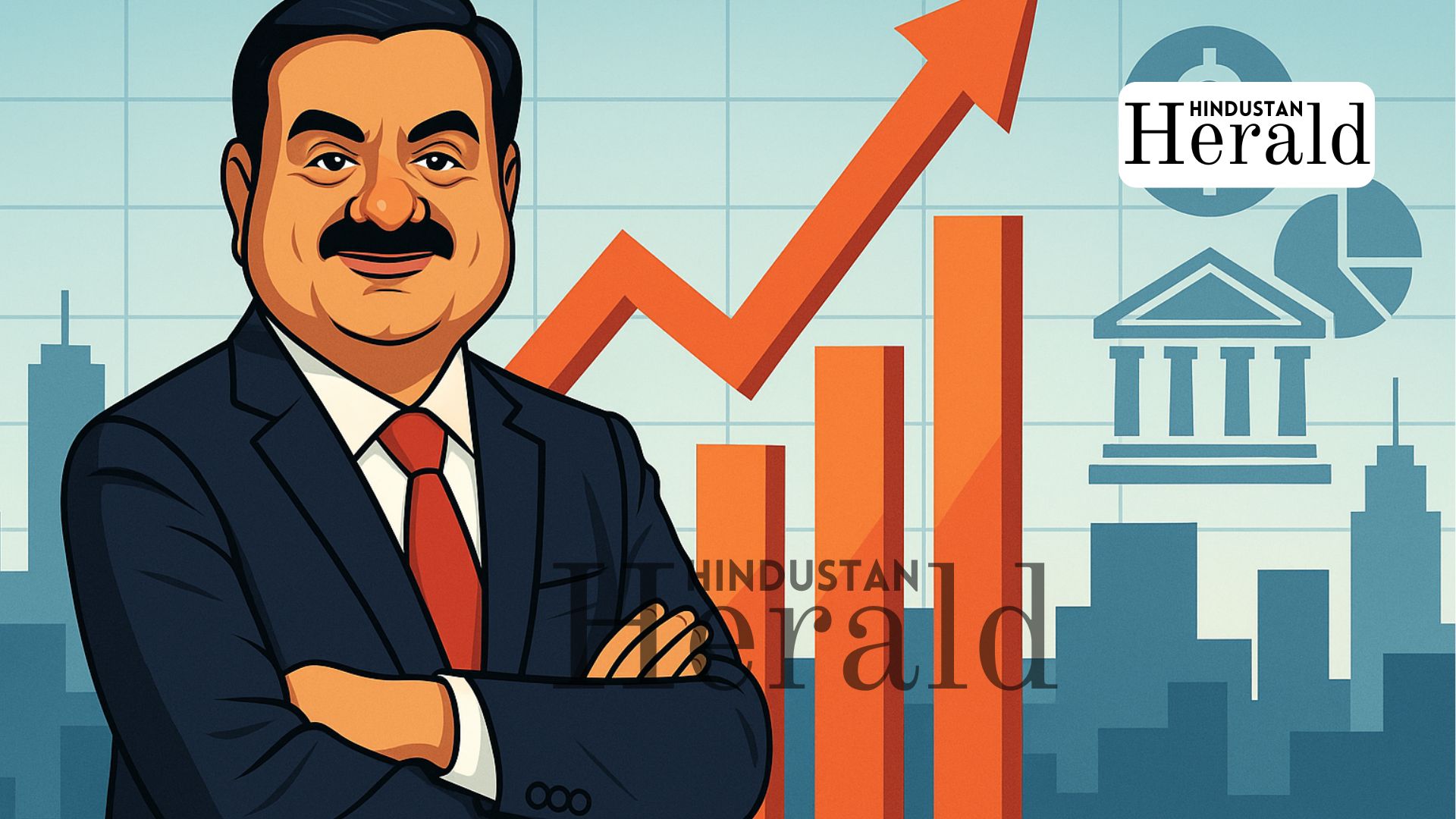New Delhi, September 19: After nearly three years of turbulence, the Adani Group has been handed a lifeline. The Securities and Exchange Board of India (SEBI) has given a clean chit to Gautam Adani, his brother Rajesh Adani, and a clutch of group companies, declaring that the allegations made by US short-seller Hindenburg Research in January 2023 do not amount to violations of Indian securities law.
For the group, it is vindication. For investors, it is closure. And for the markets, it is a chance to move on from one of the most damaging corporate controversies in recent memory.
What SEBI Actually Said
SEBI’s orders, released late Thursday, are blunt in their conclusion the web of offshore entities and intra-group dealings flagged by Hindenburg may have looked suspicious, but under the rules in place at the time they were not unlawful.
The Times of India reports that transactions questioned by the short-seller did not fall under the legal definition of “related party transactions,” a crucial category that determines whether companies must disclose them more transparently. Moreover, the regulator noted that all the loans raised in those structures had been repaid with interest long before the probe closed.
The Indian Express points out that SEBI’s investigators found no evidence of share price rigging, market manipulation, or fraudulent practices. The regulator concluded there was no “intent to mislead investors” and no pattern of concealment a phrase that, in plain language, means the group’s finances may have been complex but not cooked.
Markets React With Relief
The markets wasted no time cheering the news. Adani Total Gas surged nearly 13%, while Adani Enterprises, Adani Power, Adani Ports, and Adani Green Energy all closed deep in the green.
As reported by mint, the collective market value of Adani’s ten listed firms swelled by tens of thousands of crores in just one session. For a group that lost over $100 billion in market capitalization after Hindenburg’s 2023 report, the reversal was dramatic.
Brokerages, too, were quick to note that foreign investors who had stayed on the sidelines might now find it easier to step back in. In the last two years, uncertainty over the outcome of SEBI’s probe had kept some global funds at bay, despite India’s broader market rally.
Gautam Adani Strikes Back
For Gautam Adani, who has mostly kept a low profile since the storm began, the ruling was more than just a regulatory victory. In a statement carried by News on Air, he said the findings reaffirmed what the group had always insisted that Hindenburg’s charges were “baseless and motivated.”
But his tone wasn’t just defensive. He also turned the spotlight on investors who saw their wealth eroded in the aftermath of the report. According to the Indian Express, Adani said those who “spread false narratives” owe an apology to millions of shareholders. It was a pointed message not just to Hindenburg, but to the global media and political opponents who had amplified the allegations.
How We Got Here
The saga began in January 2023, when Hindenburg Research accused the Adani Group of stock manipulation, accounting fraud, and using shell firms in offshore tax havens. The fallout was immediate Adani stocks crashed, the group pulled its mega follow-on public offer, and India’s political opposition launched a relentless attack on Prime Minister Narendra Modi, citing alleged crony capitalism.
At its lowest point, the conglomerate had lost over $100 billion in market value. International lenders tightened their scrutiny, and global credit agencies raised red flags. In India, the Supreme Court stepped in to monitor SEBI’s investigation, wary of accusations that regulators might go soft.
The clean chit now draws a line under that chapter. But it does not erase the scars left on India’s corporate reputation.
The Bigger Picture
Beyond Adani, the ruling raises uncomfortable questions. If such intricate offshore structures were not technically “related party transactions,” does that mean the rules themselves are too narrow? Legal experts have already suggested that disclosure norms may need strengthening, so future controversies don’t hinge on regulatory semantics.
For India’s markets, however, the immediate impact is clear investors are being told they can trust the system to deliver closure, even if it takes time. For global funds weighing India against other emerging markets, SEBI’s ruling could serve as a reassurance that the country does not leave high-profile cases dangling indefinitely.
Politically, the verdict blunts one of the opposition’s sharpest attacks against the Modi government that its proximity to the Adani empire allowed the group to bend rules. With SEBI’s clean chit, that line of criticism may lose some potency, even if it won’t disappear entirely.
What Comes Next
The Adani Group, now free of the Hindenburg cloud at least domestically, is expected to accelerate fundraising and expansion plans that had been slowed by reputational risk. The group has already resumed large infrastructure bets, from green hydrogen to ports and airports, and Friday’s market rally could embolden lenders and investors alike.
Still, the story may not be over internationally. Regulators in the US and Europe are likely to continue scrutinizing capital flows involving Indian conglomerates. And Hindenburg itself is unlikely to back down from its broader campaign against what it calls “corporate fraud.”
But for now, Gautam Adani can breathe easier. India’s markets have given their verdict, and SEBI has closed the book on a case that, for a time, threatened to upend one of the country’s most powerful business empires.
Stay ahead with Hindustan Herald — bringing you trusted news, sharp analysis, and stories that matter across Politics, Business, Technology, Sports, Entertainment, Lifestyle, and more.
Connect with us on Facebook, Instagram, X (Twitter), LinkedIn, YouTube, and join our Telegram community @hindustanherald for real-time updates.
Former financial consultant turned journalist, reporting on markets, industry trends, and economic policy.
Covers Indian politics, governance, and policy developments with over a decade of experience in political reporting.











